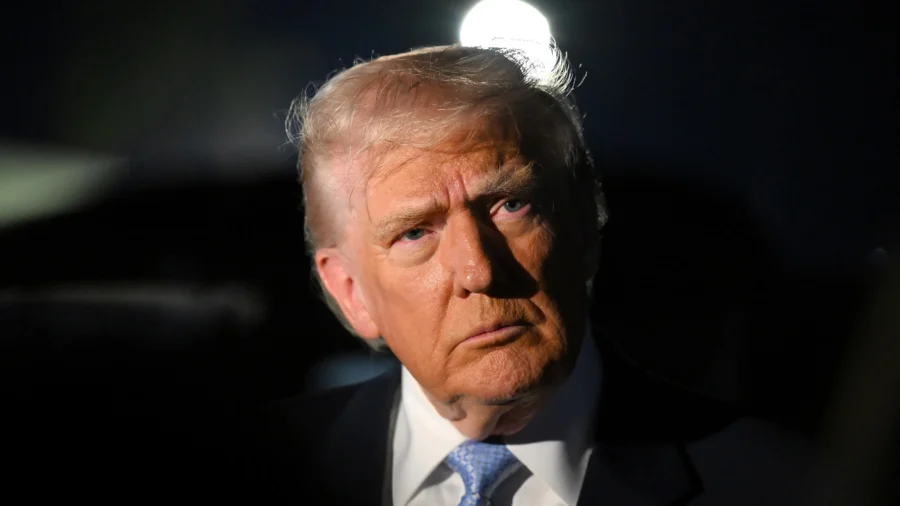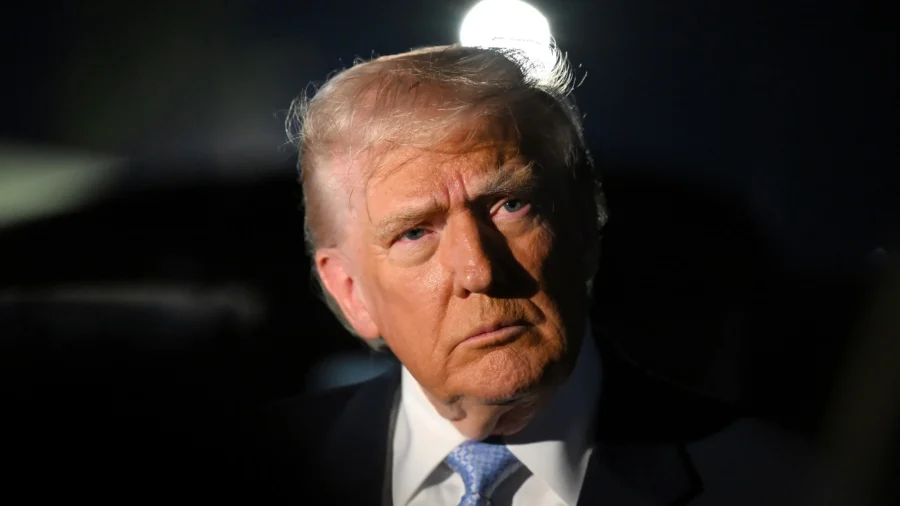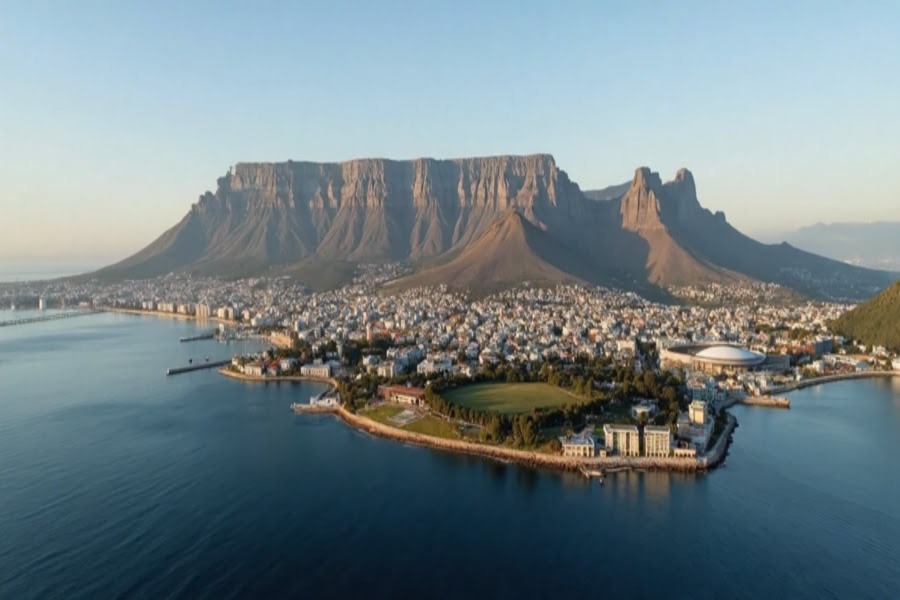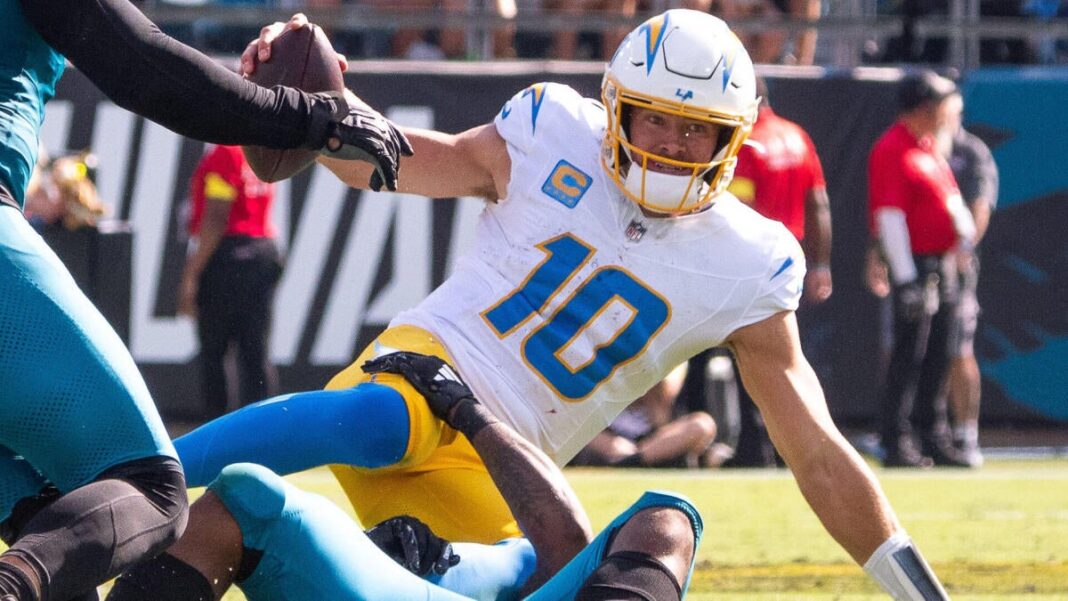
President Donald Trump suggested on Nov. 16 that his administration may engage in talks with Venezuelan President Nicolás Maduro, amid growing tensions over heightened U.S. military presence in the Caribbean.
Trump said the designation would allow the U.S. government to target Maduro’s assets and infrastructure in Venezuela, but indicated there were no immediate plans to do so.
“It allows us to do that but we haven’t said we’re going to do that,” he told reporters. “We may be having some discussions with Maduro, and we’ll see how that turns out.”
Trump said the Venezuelan regime has requested talks with his administration but offered no details on the potential discussions.
When asked whether he would be inclined to speak with the Venezuelan leader, Trump replied: “I’ll talk to anybody, we’ll see what happens.”
The Venezuelan government has not publicly commented on Trump’s remarks.
The drug boat strikes have prompted debate among lawmakers and international figures, with critics questioning the administration’s authority to carry out the airstrikes under U.S. war powers law.
The War Powers Act of 1973 outlines several restrictions placed on a president’s authority to commit U.S. troops to hostilities, including a requirement that the president report to Congress within 48 hours of deploying troops, and limiting the action to 60 days.
Trump told reporters Nov. 16 that he would keep Congress updated on any possible actions to curb drug trafficking from Venezuela, but said he does not need congressional approval to take action.
“I’d like to keep Congress involved. I mean, we’re stopping drug dealers and drugs from coming into our country,” he said. “We don’t have to get their approval, but I think letting them know is good. The only thing I don’t want them to do is leak information that’s very important and confidential and may put our military at risk.”
Trump has accused Maduro and his regime of aiding drug cartels in Venezuela, an allegation that both Maduro and Venezuela’s government has denied.
Joseph Lord contributed to this report.


